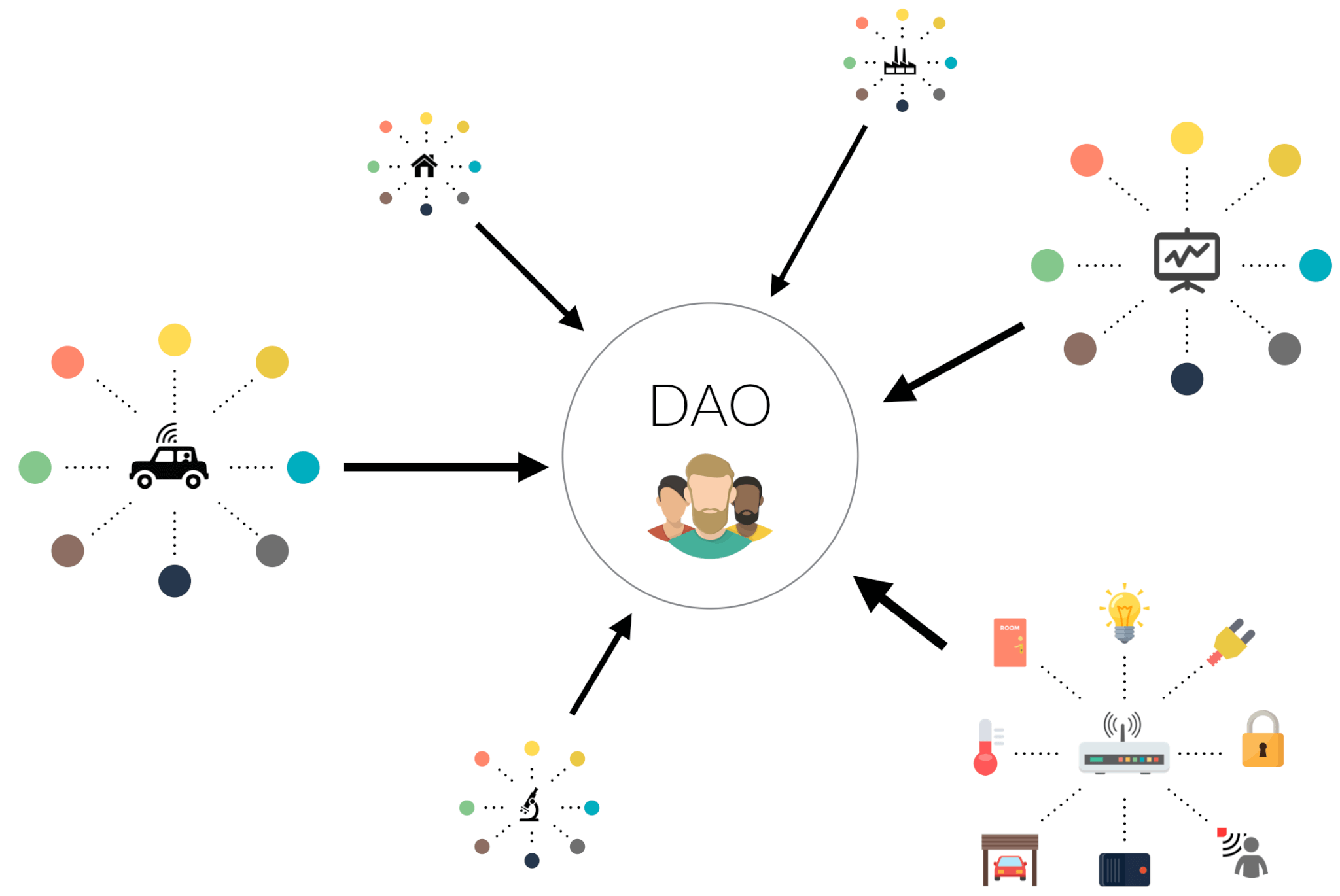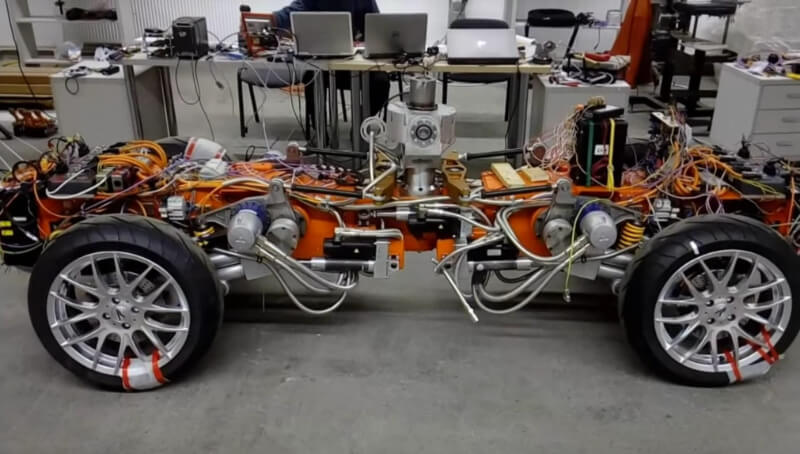
The DAO, which serves as an investment fund for early stage Ethereum projects, has raised over US$13 million worth of ether during the first three days of its tokens crowdsale.
The DAO, a decentralized autonomous organization (DAO), works as a decentralized fund management investing in blockchain projects. At first, The DAO will focus on projects related to the sharing economy and Internet-of-Things (IoT) applications of the blockchain – though the organization said it is interested in exploring other “new markets unlocked by blockchain technology.”
In a DAO, participants maintain direct real-time control of contributed funds. Governance rules are formalized, automated and enforced using software; in the case of The DAO, it is Ethereum.
Similar DAO initiatives that appeared recently include DigixDAO, a decentralized autonomous organization established on the Ethereum platform.
Deployed by Singaporean startup DigixGlobal Pte Ltd., DigixDAO successfully closed its crowdsale in under a day, raising US$5.5 million in 14 hours.
DigixDAO aims to work with the community “to govern and build a 21st century gold standard financial platform on Ethereum.” DigixDAO token holders can participate in the direction Digix takes to build this gold payment system – dubbed the DigixCore Gold Platform – into reality.
Similarly, in The DAO, there is no director and no board. Voting power is granted to holders of The DOA tokens who can vote to approve or decline proposals submitted. Voting rights are proportional to the amount of tokens held. The proposals submitted to The DAO by contractors, define how much or how little control over its operational responsibilities The DAO “outsources” to the contractors.
The DAO said it is looking for projects that provide a return on investment or benefit to the organization and its members, and which benefit the decentralized ecosystem as a whole.
The organization earns revenue generated by the products and services it helps fund. Profits are then distributed to participants based on transparent rules that are decided by the participants beforehand.
The DAO current proposals
Slock.it UG, the German startup the smart-locks project, have already submitted its proposal for the development of the Universal Sharing Network to The DAO. At the core of this proposal lies the Ethereum Computer, a multi-functional device designed to decentralize the Sharing Economy.
“We selected The DAO as a suitable DAO to submit our Proposal to because it has the most developed community, has committed to deploy the latest code from the Standard DAO Framework to the letter and has an unbeatable, amazing set of Curator signatories,” Stephan Tual, founder of Slock.it and former CCO of Ethereum, wrote in a blog update.
“We have also observed The DAO for a little while and we know for a fact that this community in particular is passionate about the same objectives, shares our values, and has a profound drive to improve the IoT and sharing economy sector.”
The DAO relies on a group of curators – nominated by The DAO Token holders – that prevent malicious actors from executing 51% attack. These curators curate the list of contractors authorized to receive ether from The DAO.
Curators are in charge of checking that a published contract on the Ethereum blockchain matches the source code the contractor claims to have deployed. They are also in charge of confirming that a proposal comes from an identified person or organization.
Current curators include Ethereum experts such as Vitalik Buterin, inventor of Ethereum and founder of the Ethereum Foundation, Gavin Wood, former CTO and co-founder of Etherem, as well as Christian Reitwießner, who implemented Solidity, the Ethereum smart contract language.
Alongside Slock.it, Mobotiq is expected to submit its project any time soon. Its proposal will focus on modular Electric Vehicles that can be rented peer-to-peer. Integration with Ethereum could enable the development of fully autonomous, self-renting vehicles.

Tual expects to see “a plethora of proposals” coming soon. “The DAO is a chance to support a multitude of early stage projects that could have tremendous impact in the future,” he said.

